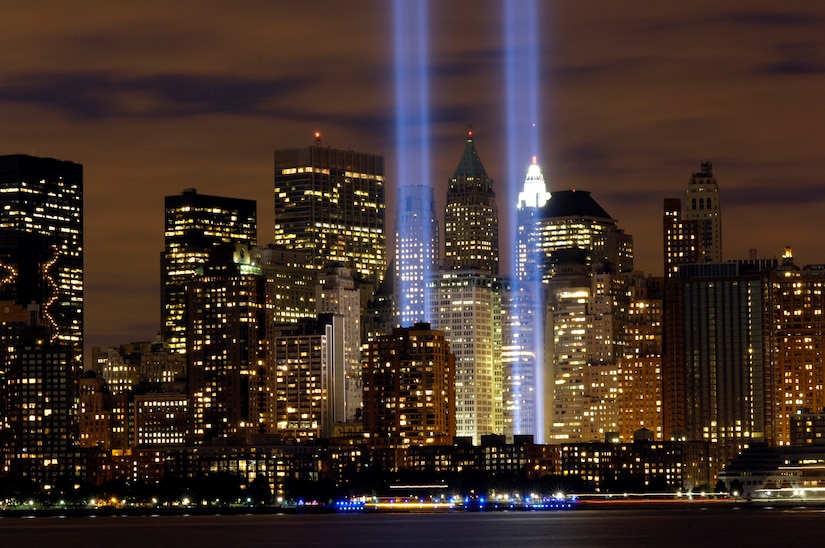Photography Trauma
As I've been looking at photos for possible pieces of music for Music For Photographs, I was was reminded of the upcoming 20th anniversary of the 9/11 attacks and was looking at images on Google as well as some of the shots by the more notable 9/11 photographers such as Steve McCurry and Joel Meyerowitz.
Since all the photos are iconic, the piece should be titled "Ground Zero" and will be a soundtrack for all of them--even the more recent ones showing the Ground Zero Memorial. (It's interesting that Google was just arriving on the scene (just 2 years old), and the Internet was just getting rolled out--not everyone had access).
The 9/11 photographers, more than anyone, must have deep trauma because memory does have a cinematic quality that plays out in the mind, and photographs and cinema (much more than text) make the imagery more emotional and palpable.
The generational aspects are also interesting: Many people now in their 20s have no direct memory of 9/11 and perhaps don't have any memory scars, as I don't about Pearl Harbor or the Kennedy assassination.
***
In the chapter Memory is Therapy in the book Consuming Catastrophe, there is a story about the Box family searching for an image of their firefighter son Gary Box that perished in 9/11. After a long search they found an image taken by a Danish businessman in the Brooklyn Battery Tunnel of their son running through. At the time he wasn't aware what was happening. (It was like that for everyone that morning: why are all these people glued to TV sets?)
"As this story illustrates, the Internet is changing the way that society stores information and relates to the past. Of course, collective memory has always been constituted through the development of “mnemonic technologies” used to extend social capacities for storage and recollection beyond those of the individual human brain."
"As this story illustrates, the Internet is changing the way that society stores information and relates to the past. Of course, collective memory has always been constituted through the development of “mnemonic technologies” used to extend social capacities for storage and recollection beyond those of the individual human brain."



Comments